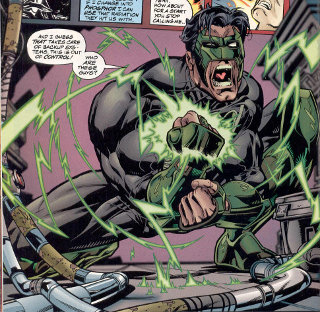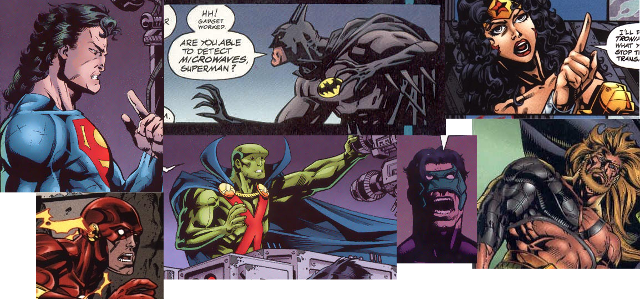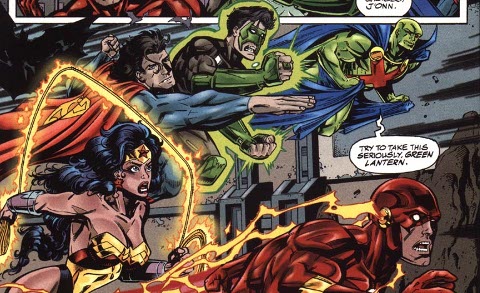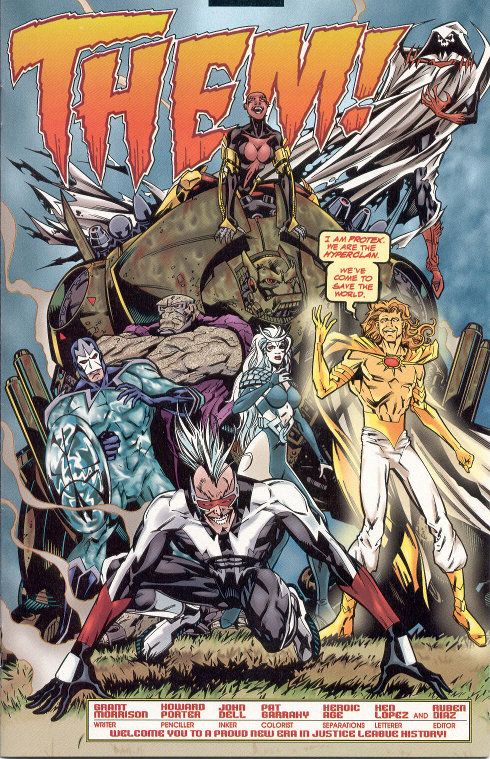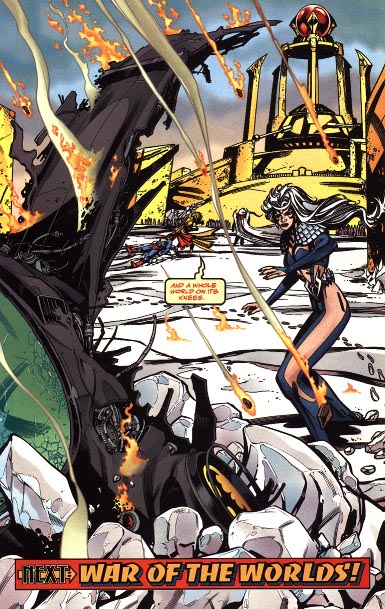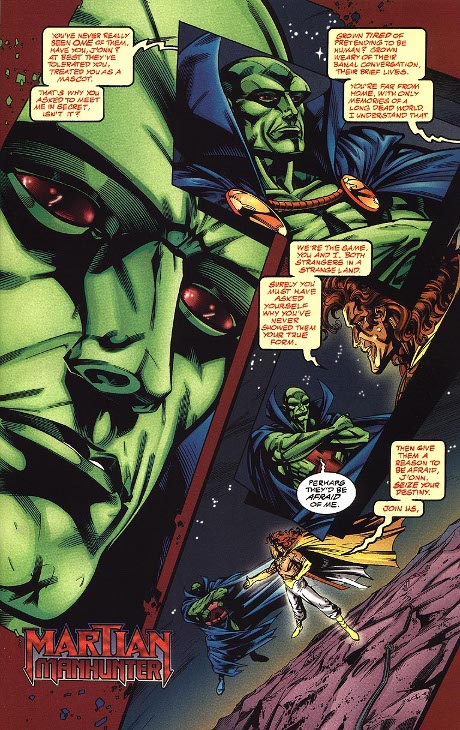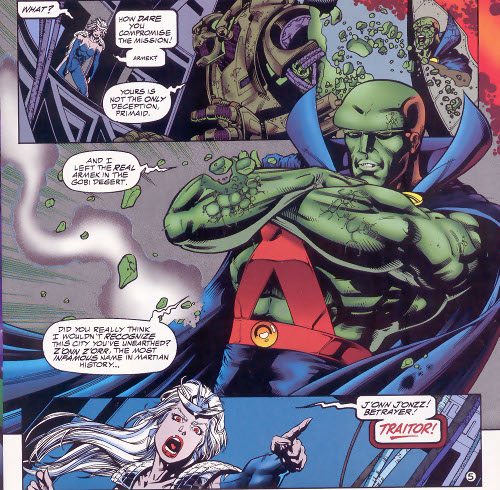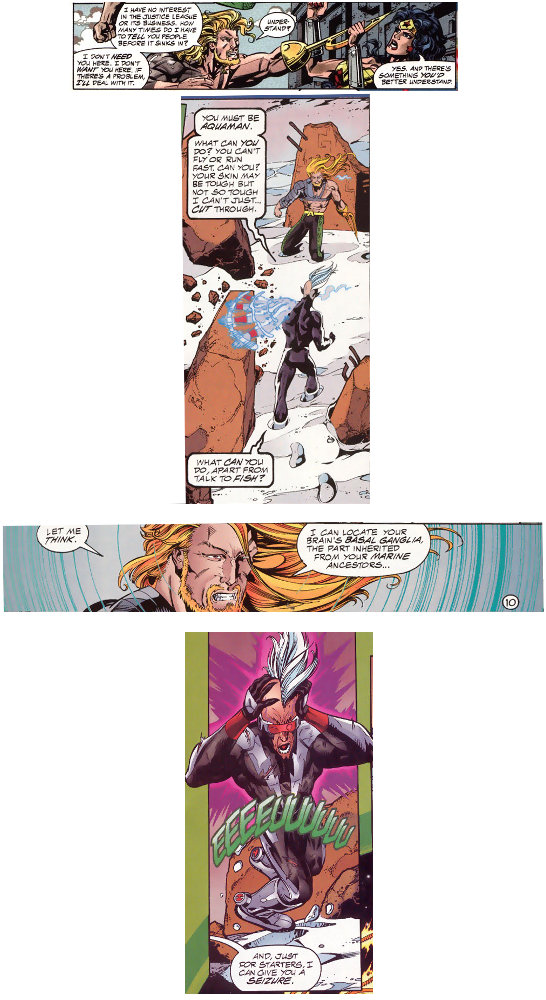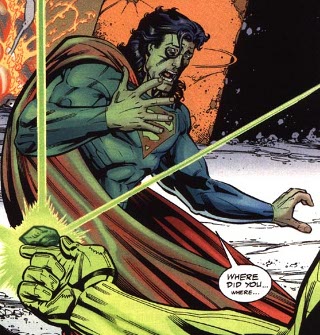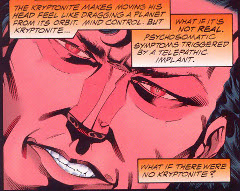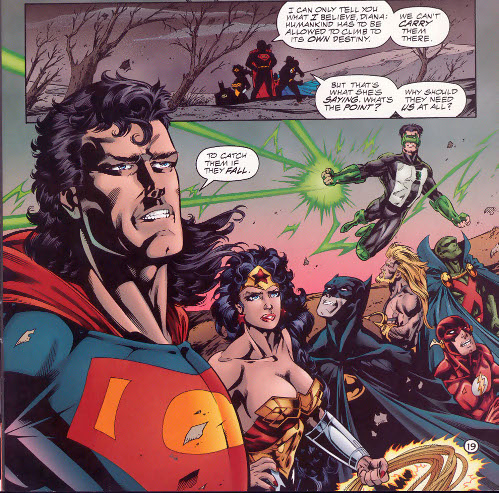My mom read me Mrs. Frisby and the Rats of NIMH when I was a kid. A few times, as I recall.
I first saw Secret of NIMH on VHS when I was in fourth grade. Mostly I was put off by the divergences from the book.
Now, the movie's got a pretty devoted fanbase, and I do love me some Bluth, so I decided to give it another shot 18 years later and see what the fuss was about. I figured my older self would be more ready to appreciate the movie on its own merits.
On one level, I was right: it was much easier to appreciate the gorgeous animation, the superb voice casting, and the sheer scope and ambition of the project than when I was 10. On the other, my gripes with the movie remain surprisingly similar to what they were back then.
Some spoilers follow, as well as my dim recollections of how things went in a book I haven't revisited in twentyish years.
First, the good: the movie is fucking beautiful. Just amazingly animated. I love the character designs, from the scabby, scaly claws of Nicodemus and the owl to Dragon the cat, who resembles a nightmare version of the Cheshire Cat. Bluth was a visionary who helped drag animation from the dark ages after Disney's death, and he assembled one hell of a crew (I noticed a Bruce W Timm in the credits). And the cast -- well, Derek Jacobi is currently touring internationally in a critically-acclaimed performance of King Lear.
It's also, as best I remember it, a decent if truncated recreation of the major arc of the book: Mrs. Frisby (Brisby in the movie) needs to move her house because her sick child can't travel, she's directed to a group of superintelligent rats living under the rosebush, and they help her because her husband was a compatriot of theirs. It turns out they were subjected to scientific experiments at the National Institute of Mental Health; they've escaped and are currently in hiding, stealing electricity from a farmer's house, but they want to move shop and survive on their own resources. This has to happen a lot faster than anticipated because the scientists from NIMH track them down and seek to destroy their lair.
The movie does a pretty good job of telling that story in under 90 minutes. But it's got its share of flaws, too.
First of all, I can see why the movie had trouble finding an audience on release: because it finds trouble finding its audience in its presentation. It's too scary for young children, but the humor is too dopey for older ones.
As for the changes -- well, I think bringing Jenner in as a present antagonist instead of relegating him to flashbacks, and giving the film a clear villain, is a smart move. However, I have to go with 10-year-old Thad's assessment that all the nuance is drained out of his character from the book. Book Jenner was a tragic figure; not evil per se, just someone who had a fundamental disagreement with Nicodemus's plan. Here he's a conniving, mustache-twirling, murderous cliché. And an irrational one at that -- when Mrs. Brisby warns the rats that the NIMH scientists are coming to destroy their lair, Jenner calls her a liar and attacks her. How does that make sense? He may be a power-mad murderer, but he has no reason to doubt her, and it's hardly in his best interest just to assume she's lying and go back home without investigating whether or not anyone actually is coming to kill him and undo the life's work he's fought so hard to preserve. All in all, the movie trades a complex character for a lame caricature.
And about that "NIMH is coming, you have to escape" bit? No payoff! We never see the rats scrambling to move; we just find out they got out of there, seemingly with no pain or trouble in the process. The climax of the book is completely gone, with the fight with Jenner taking its place.
And the fight with Jenner -- well, I'm not as bothered by Nicodemus's death in the movie as 10-year-old Thad was; it's a tragic, affecting scene, and killing off the wise old mentor character is a classic storytelling component that is probably more satisfying to a general audience than the book's ending, where Nicodemus survives but Justin apparently, but not certainly, dies.
But then there's a swordfight.
Don't get me wrong, swordfights are awesome. And this particular swordfight is awesome. But it doesn't really fit. Those miniature swords look awfully well-made; they're not what you'd expect a group of rats living under a rosebush to make, no matter how highly developed they were. And what do they have them for? Justin's a guard, but we never actually see him turn a sword on anyone outside of this scene. The rats presumably don't want to swordfight the cat because it would risk revealing their existence to the farmer -- so why do they have them in the first place?
And the swordfight leads to the movie's biggest weakness: the fucking amulet.
See, in the movie, Nicodemus has two magic artifacts: a screenie thing that lets him watch the outside world and show flashbacks, and a magic amulet. I'll come back to the amulet in a minute, but let me start by saying the screen contributes absolutely nothing to the story. We see Nicodemus looking through it at the beginning and narrating to the audience that Mrs. Brisby is going to ask him for help, and then later he has her look through it so she can see the origin story.
You don't need a damn magic screen for either of these things.
Nicodemus is sharp enough to know Mrs. Brisby is going to come knocking on his door following her husband's death without a damn magic screen. And Mrs. Brisby doesn't need to see the origin story flashback; only the audience does. The screen as a framing device is used as an excuse for some of the best animation in the film, but again, you don't need a magic screen to set up the use of special effects to frame a flashback; that's a movie trope that the audience already understands.
But the real irony of using the magic screen to show the origin story is that it effectively demonstrates why the magic screen doesn't fit the story. We're looking at a story about rats who become superintelligent as a result of medical experiments. It is fundamentally a science fiction story. The magic artifacts don't match the SF premise, and are never fucking explained; Nicodemus just has them, because wise old people in movies have magical artifacts.
Which brings us to the amulet. The movie doesn't bother explaining where it came from, just that Nicodemus has it for some reason, and that Jenner apparently knows what it is but doesn't know Nicodemus has it. Which really doesn't make a whole lot of sense, because you have to figure that if Jenner knew about a magic artifact but didn't know who had it, Nicodemus would be a really, really obvious guess.
So okay. The rats set up an elaborate pulley system to move Mrs. Brisby's house; Jenner sabotages it and causes the whole thing to collapse and kill Nicodemus. Jenner gets in a swordfight with Justin; Jenner's lackey, who's been reluctant about this whole "let's kill Nicodemus" plan for some time, saves Justin and then he and Jenner both die. Then, when all hope seems lost, Mrs. Brisby moves her house using her magic amulet.
So okay. My biggest problem with the amulet? It's not that it doesn't make sense in the context of the story, it's not that its origin and purpose are never explained, it's not that it's a MacGuffin and a deus ex machina. My biggest problem with the amulet is that fucking amulet is an asshole. Seriously. The fucking thing could have moved Mrs. Brisby's house any time, but it waited until three people were dead. And two of them seemed like pretty nice guys!

